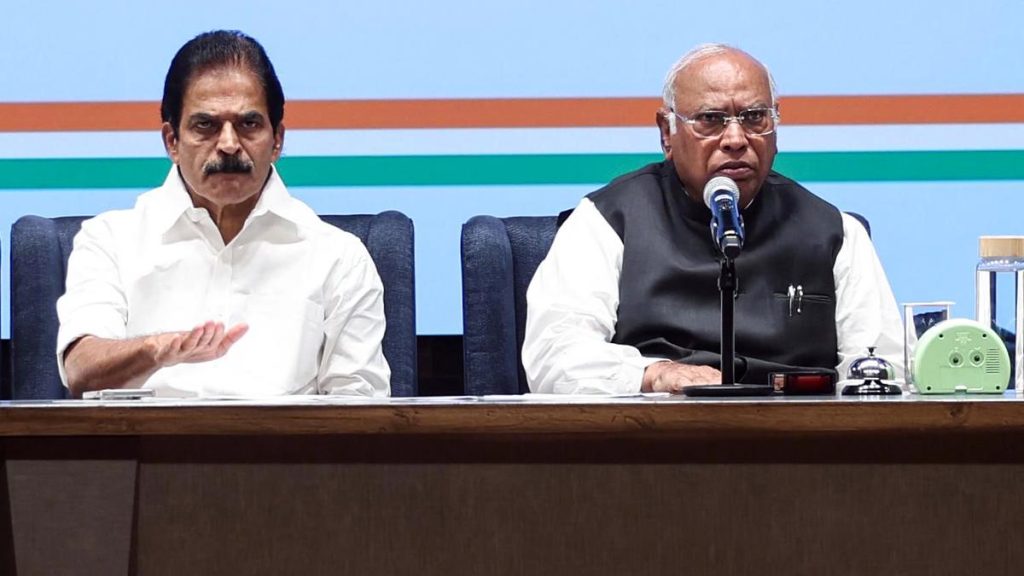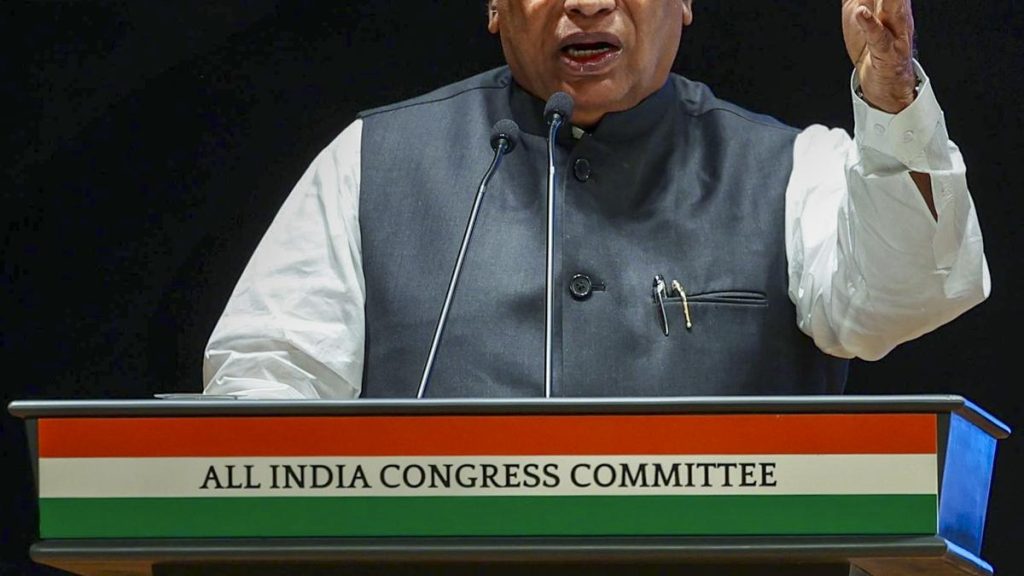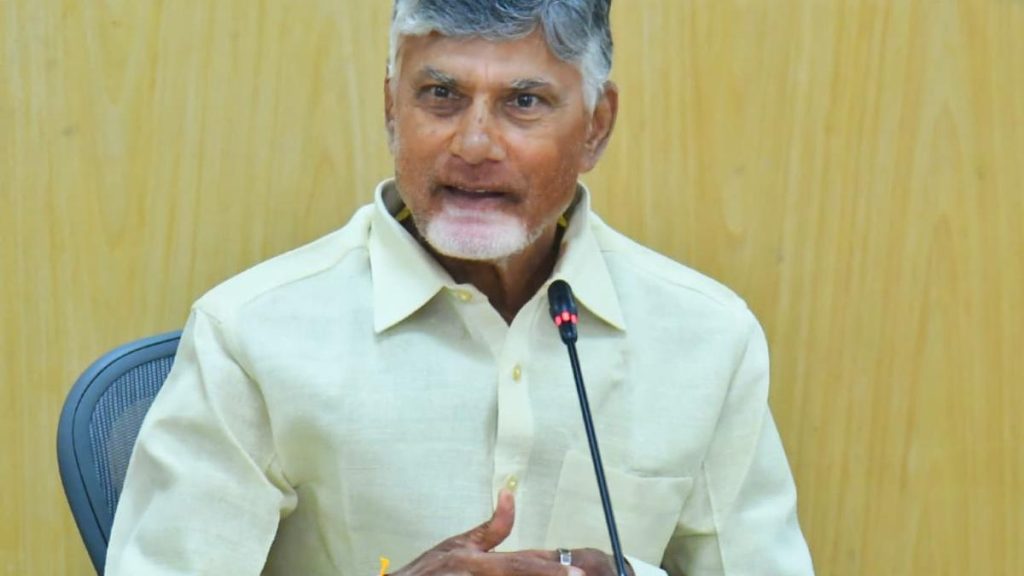Now Reading: Is Your Phone App Invading Your Privacy? Here’s How to Find Out and Protect Yourself
-
01
Is Your Phone App Invading Your Privacy? Here’s How to Find Out and Protect Yourself
Is Your Phone App Invading Your Privacy? Here’s How to Find Out and Protect Yourself

Rapid Summary
- Apps on smartphones often collect, share, and sell a meaningful amount of user data.
- Social media apps by Google and Meta are prominent in data collection, but weather apps and ad-supported games like candy Crush Saga also track considerable amounts of user details.
- Uber Eats collects more data than expected, according to reports.
- Users are advised to review app privacy policies before installation-Apple’s “App Privacy” section and Google’s “Data Safety” provide openness on collected data usage.
- Privacy-focused apps like Signal collect minimal personal information (e.g.,phone number) without sharing it with third parties.
- Paying for non-ad-supported apps or choosing privacy-centric alternatives can definitely help protect data from being sold or misused.
- Tools like TOS about offer summaries of app terms of service and privacy ratings for evaluation purposes.
- Suggested steps to protect privacy: limit unnecessary permissions (e.g., location sharing), conduct device audits for unused/deleted apps, disable ad-tracking features (like advertising ID deletion).
- Alternatives such as DuckDuckGo browser or web-based access (instead of invasive mobile apps) can further minimize tracking.
Indian Opinion Analysis
The growing concerns around smartphone app invasiveness resonate with India’s increasingly digital population. As platforms expand across the nation-with over a billion users having access to the internet-heightened awareness about personal data security is crucial. Many popular services in India include global players like Meta-owned WhatsApp and Facebook alongside local favorites such as Zomato, raising questions about whether users fully understand how their information is leveraged.
Steps outlined in the article empower indian consumers by promoting informed decisions regarding app installations. Transparency measures mandated by lawmakers globally might influence similar demands within India’s regulatory discourse. Moreover, adopting option tools focused on reducing tracking-such as payment for safer services rather of opting for free ad-based systems-represents an essential balance between convenience and cybersecurity awareness.
Promoting public education around these practices holds significant implications in fostering trust between tech creators and end-users while securing India’s burgeoning digital ecosystem from excessive exploitation by commercial interests.


























